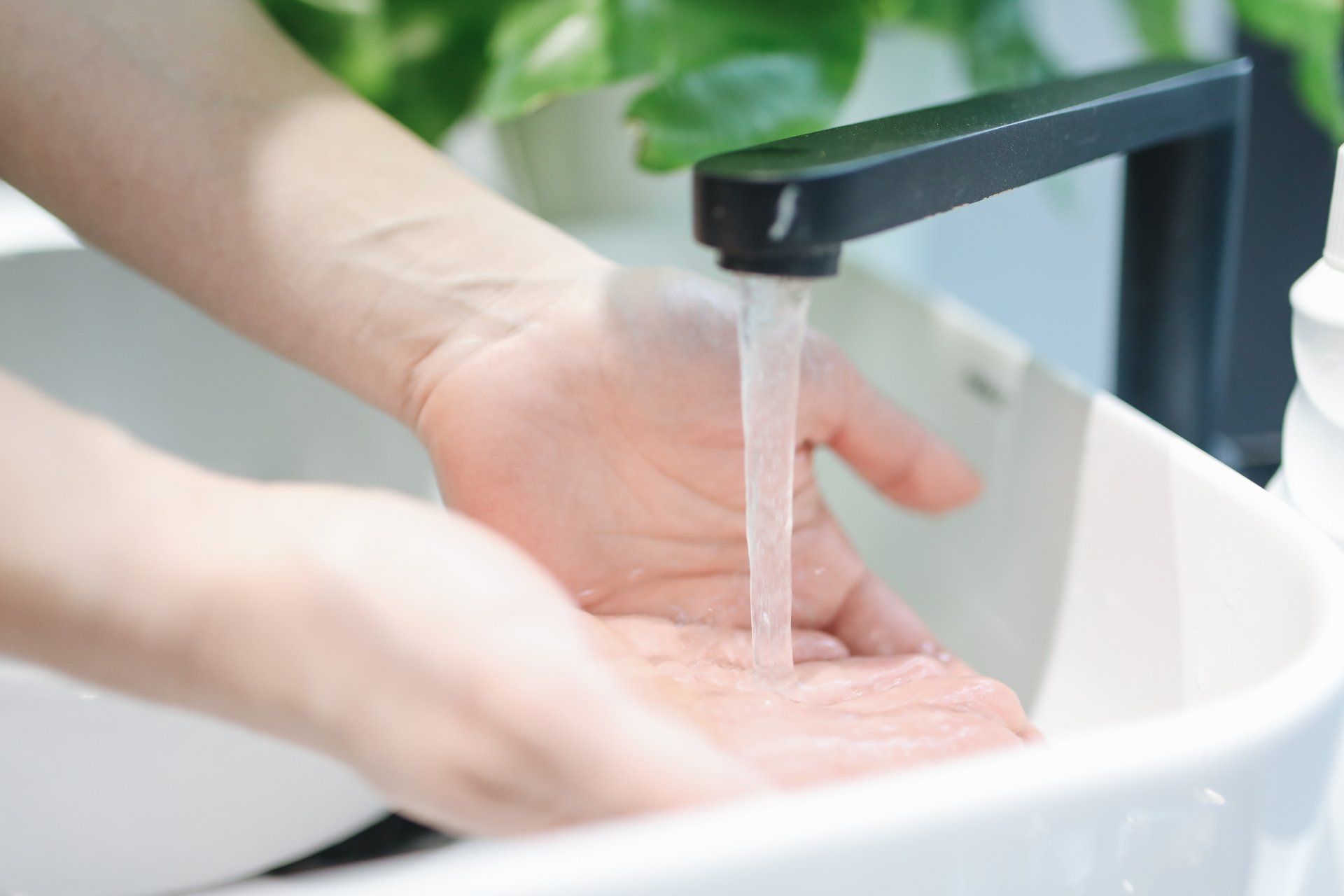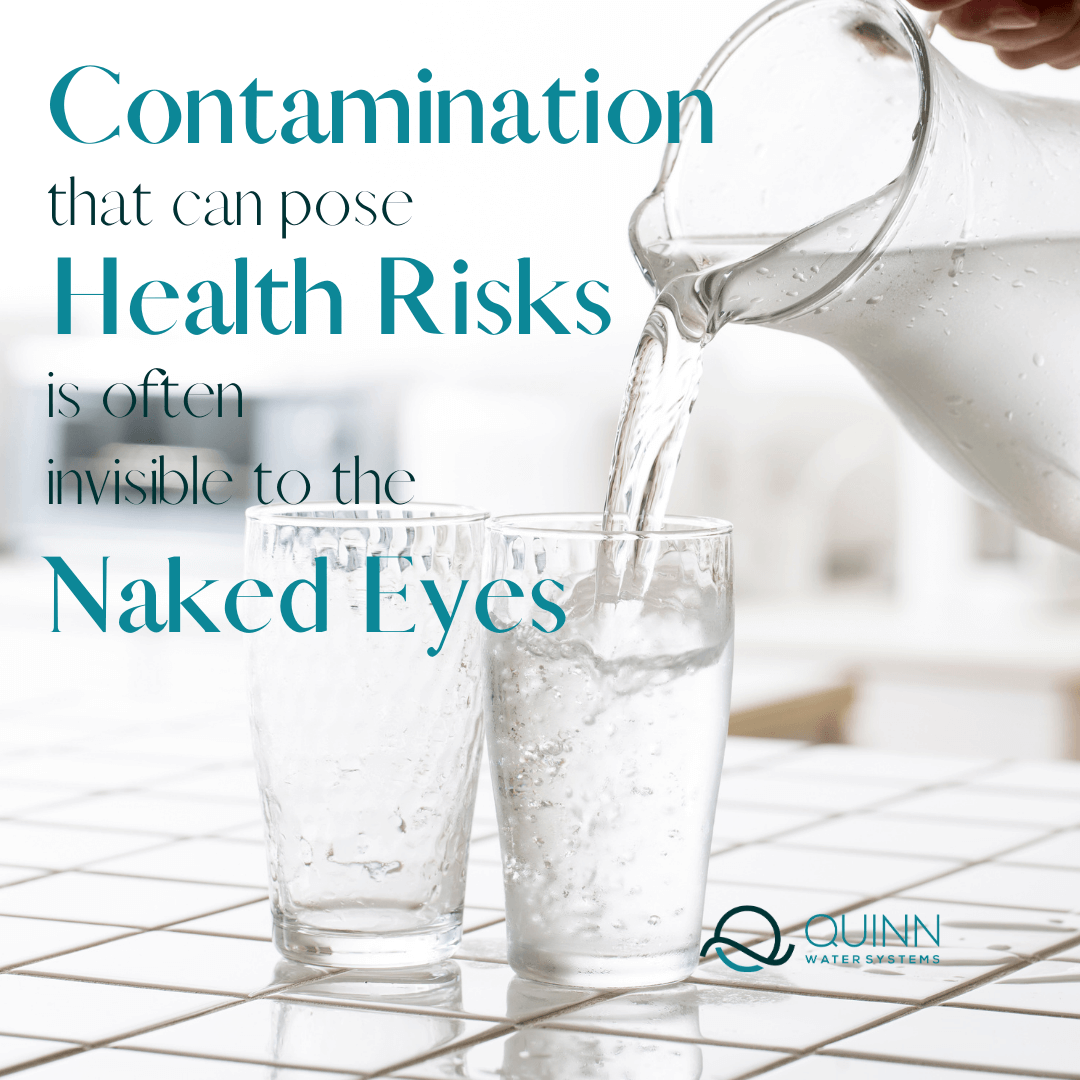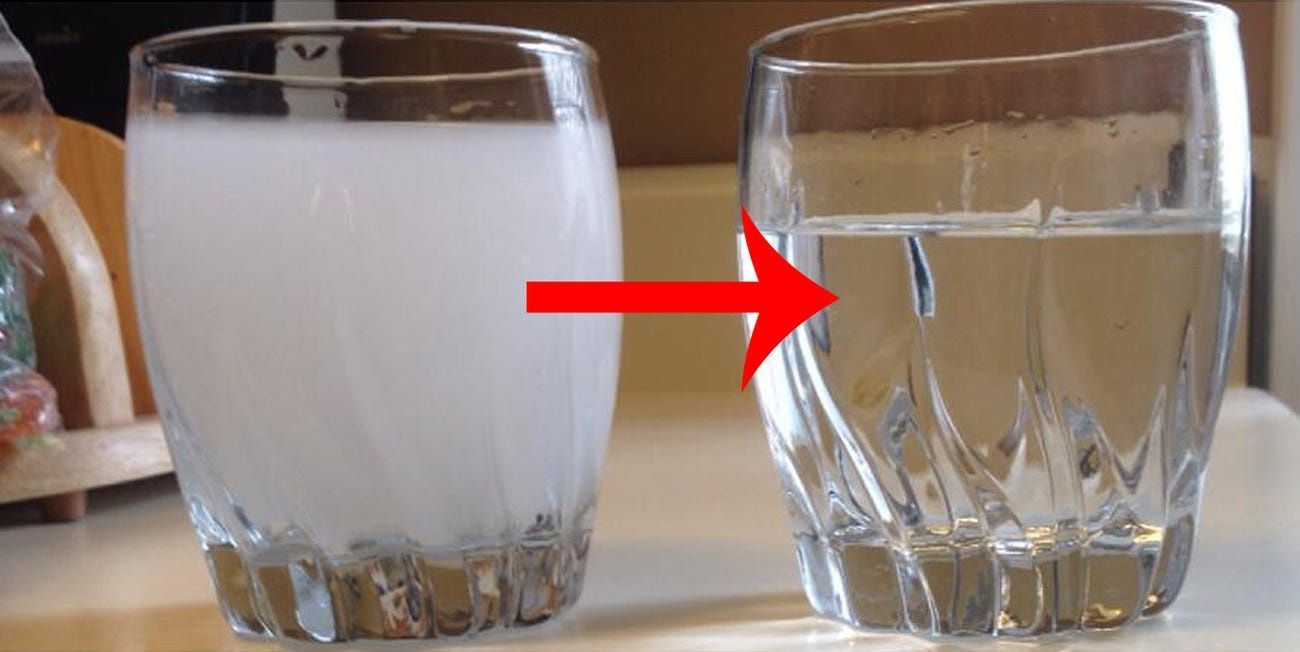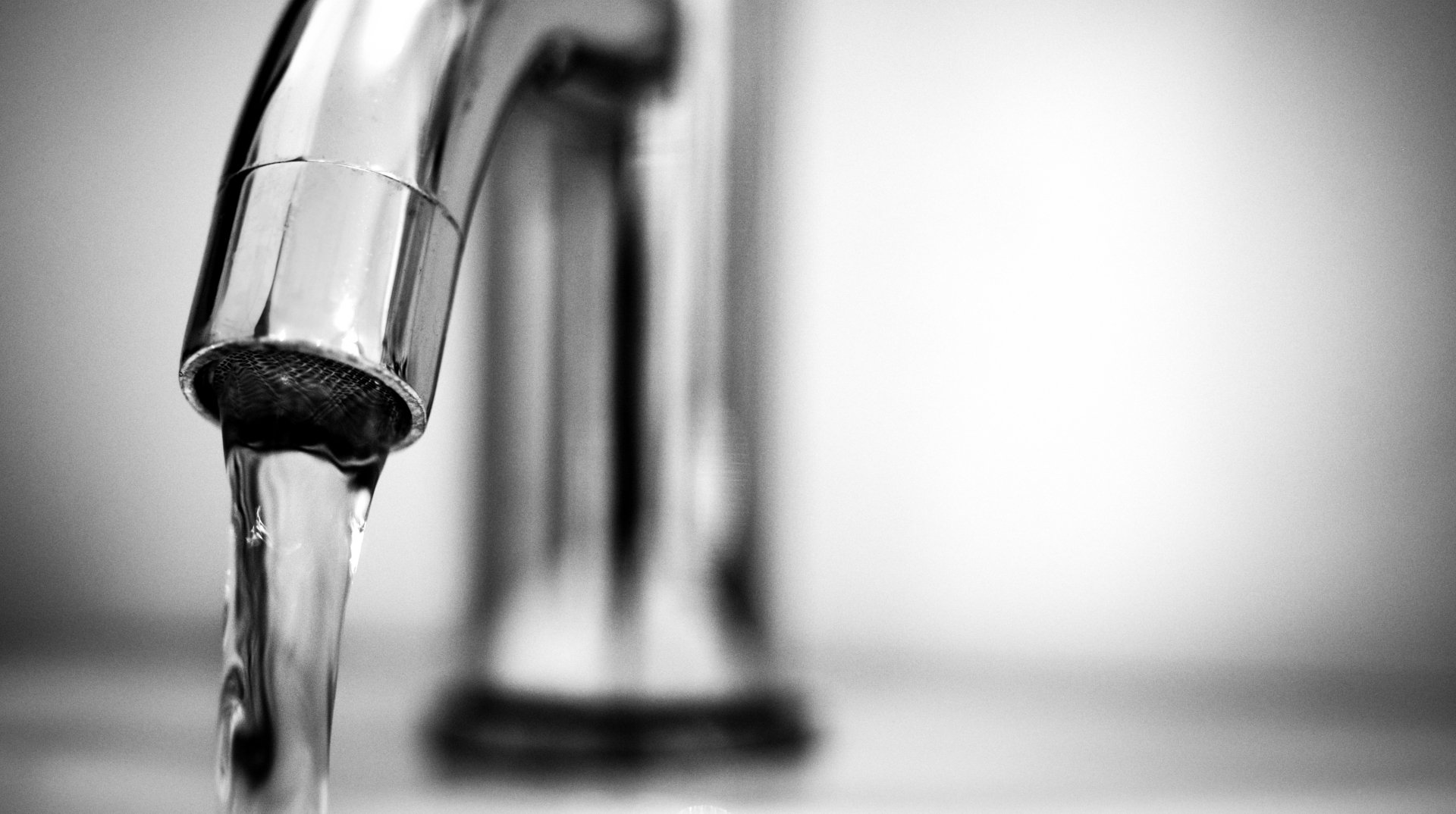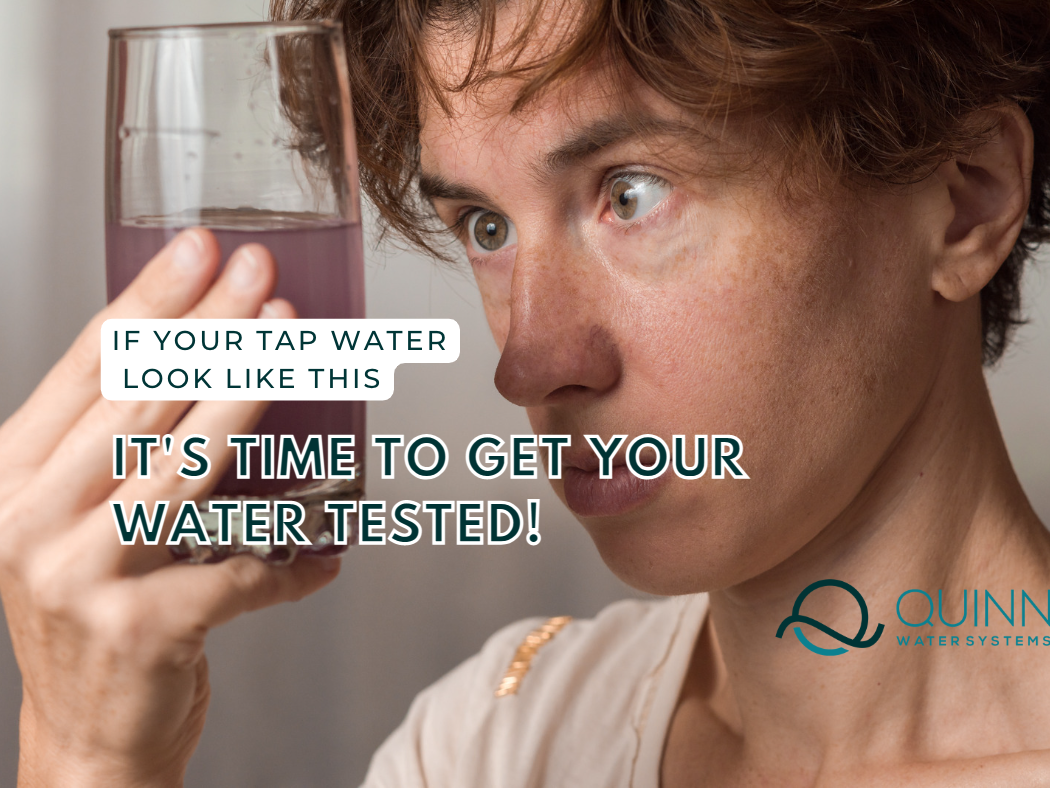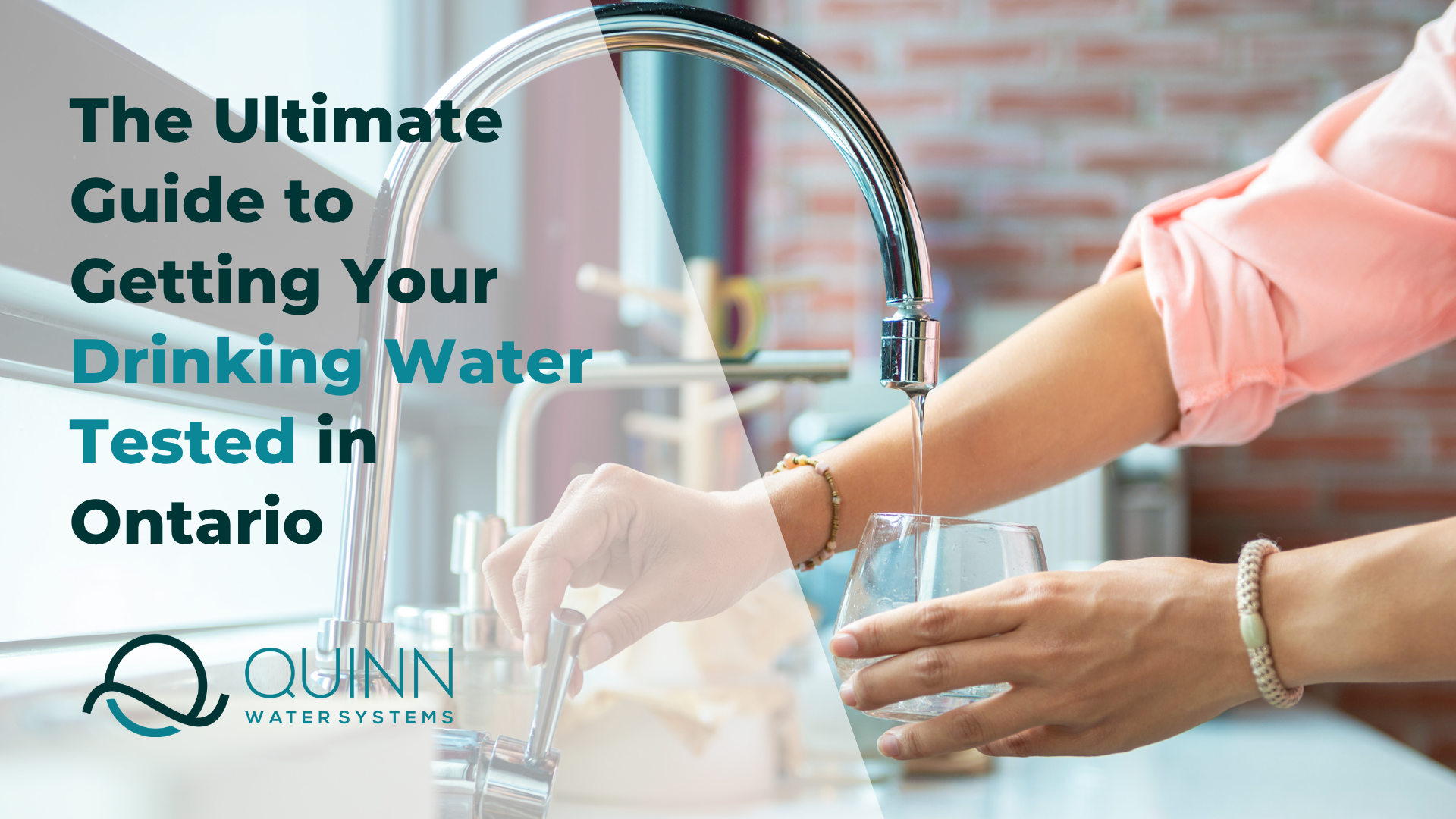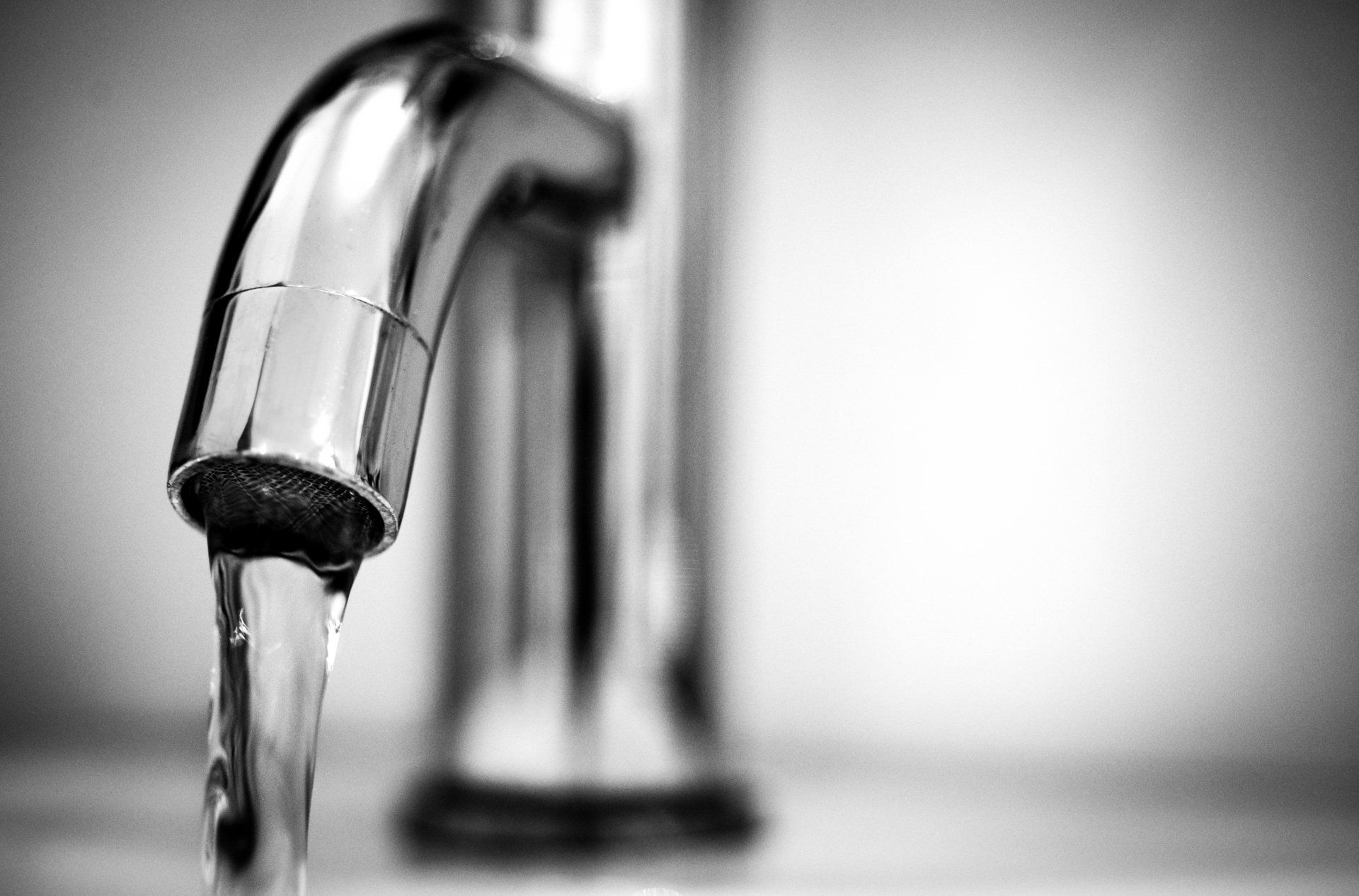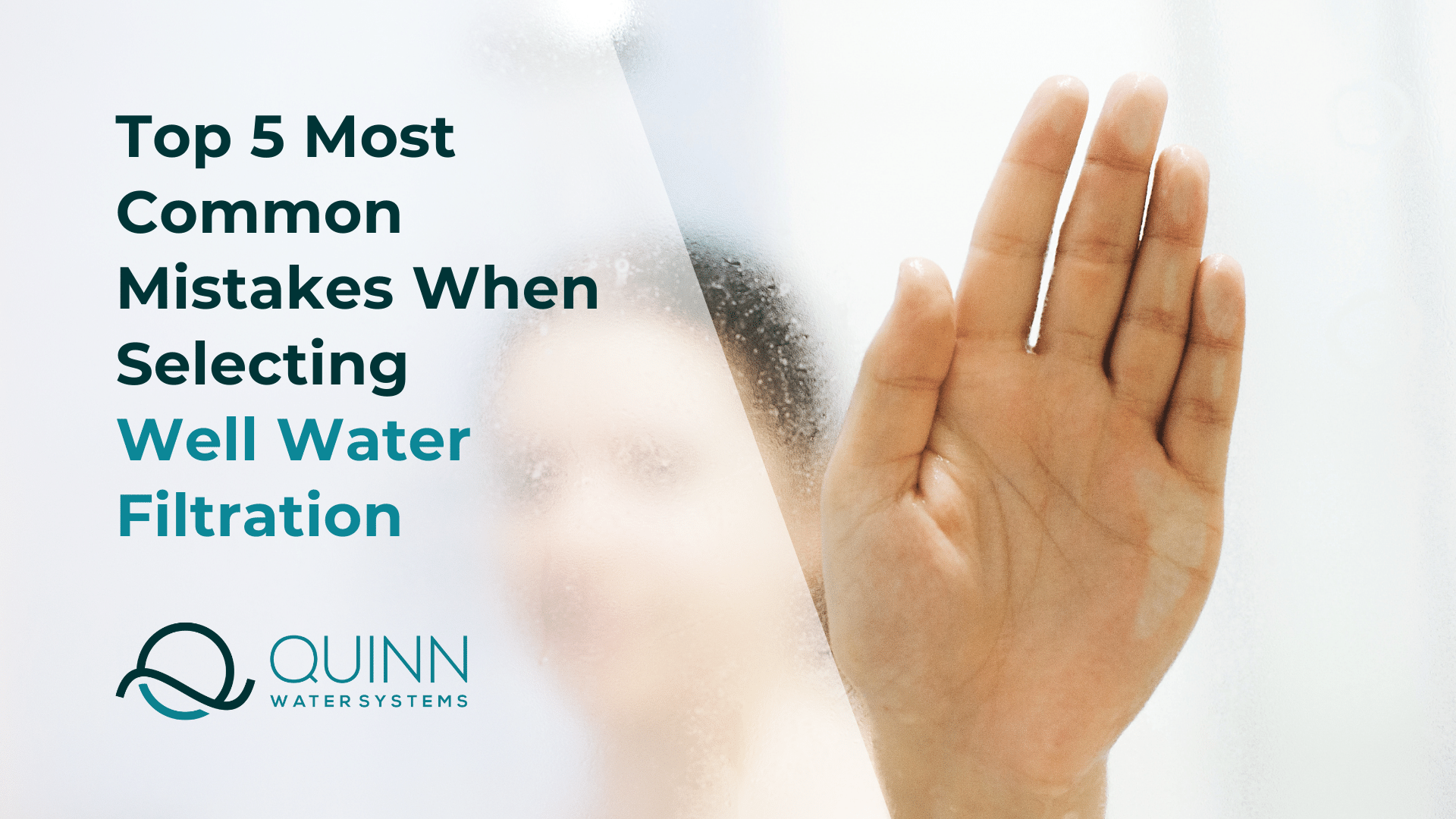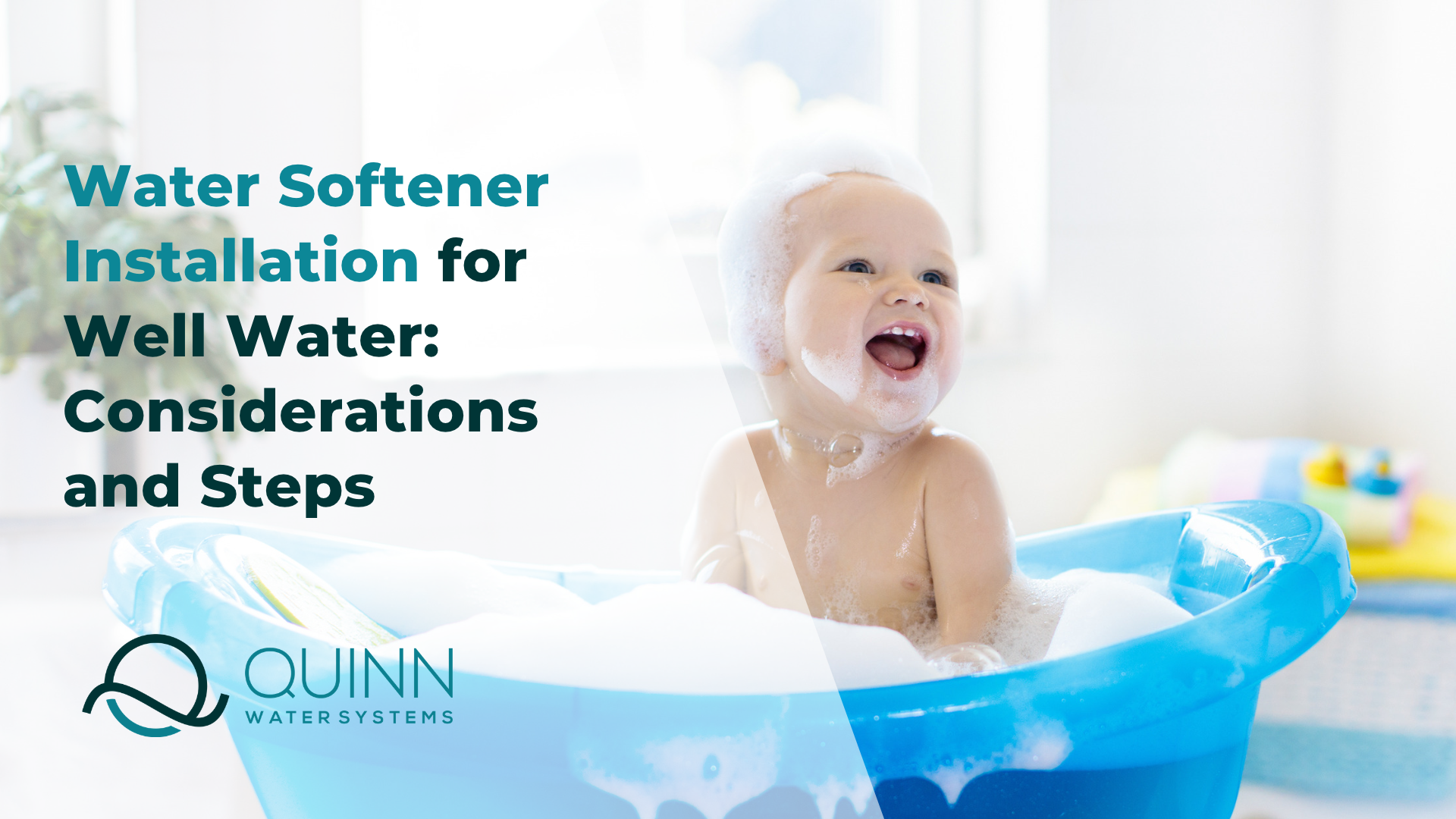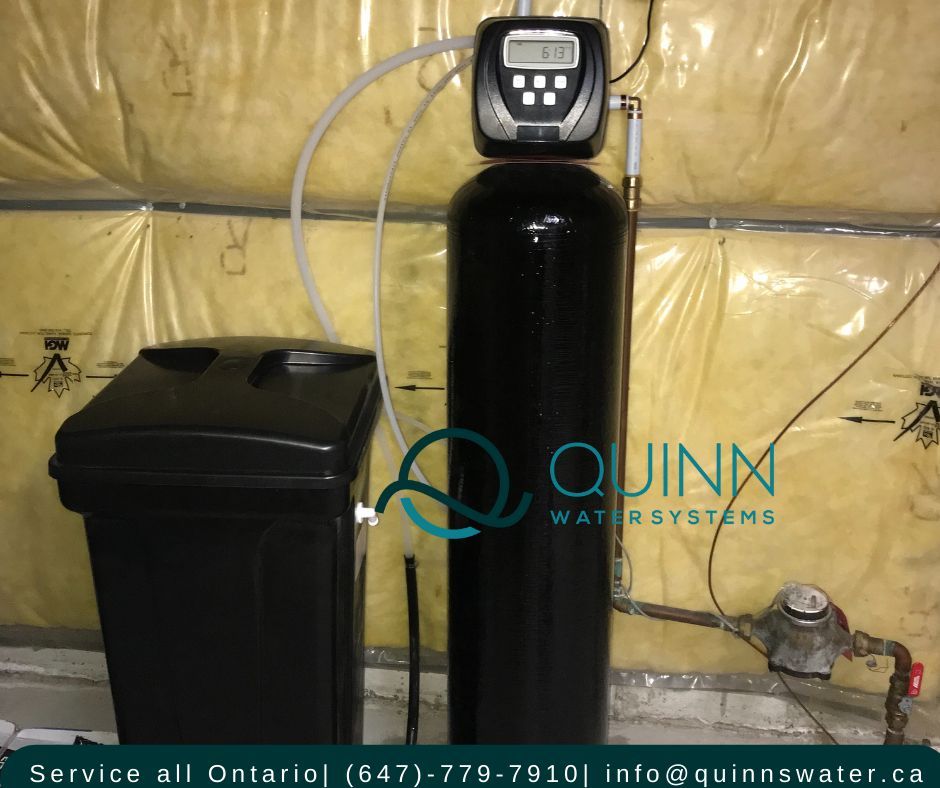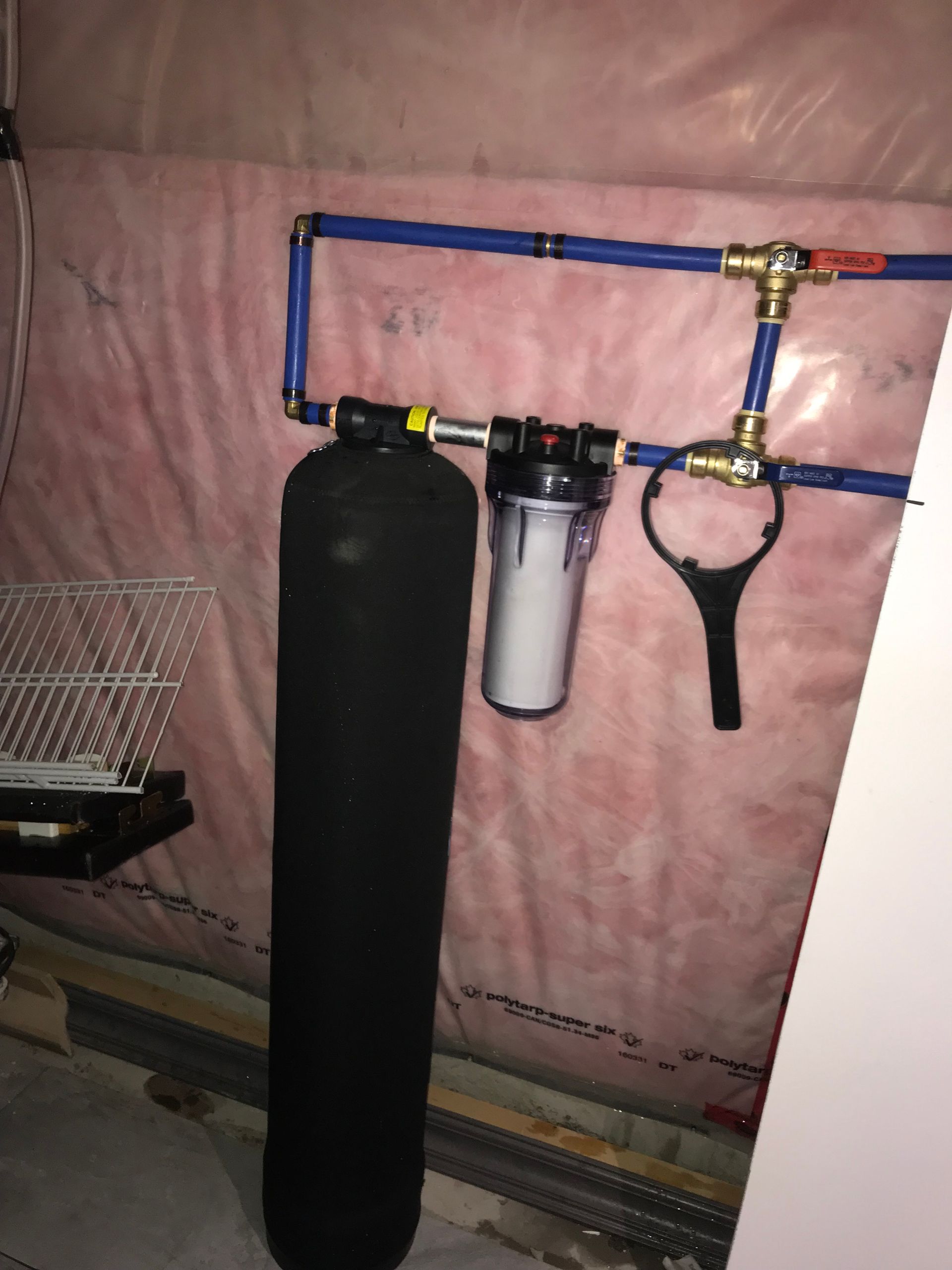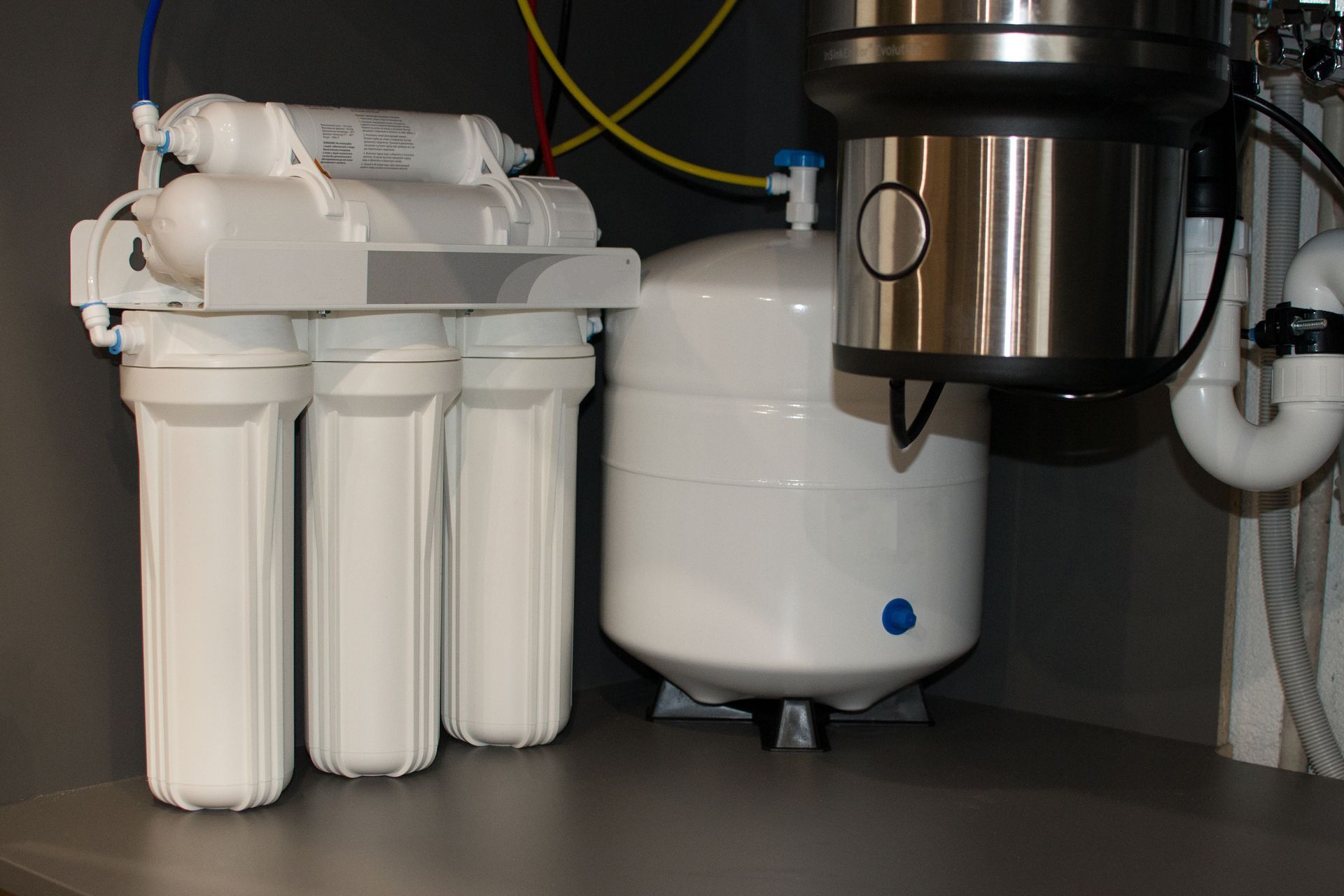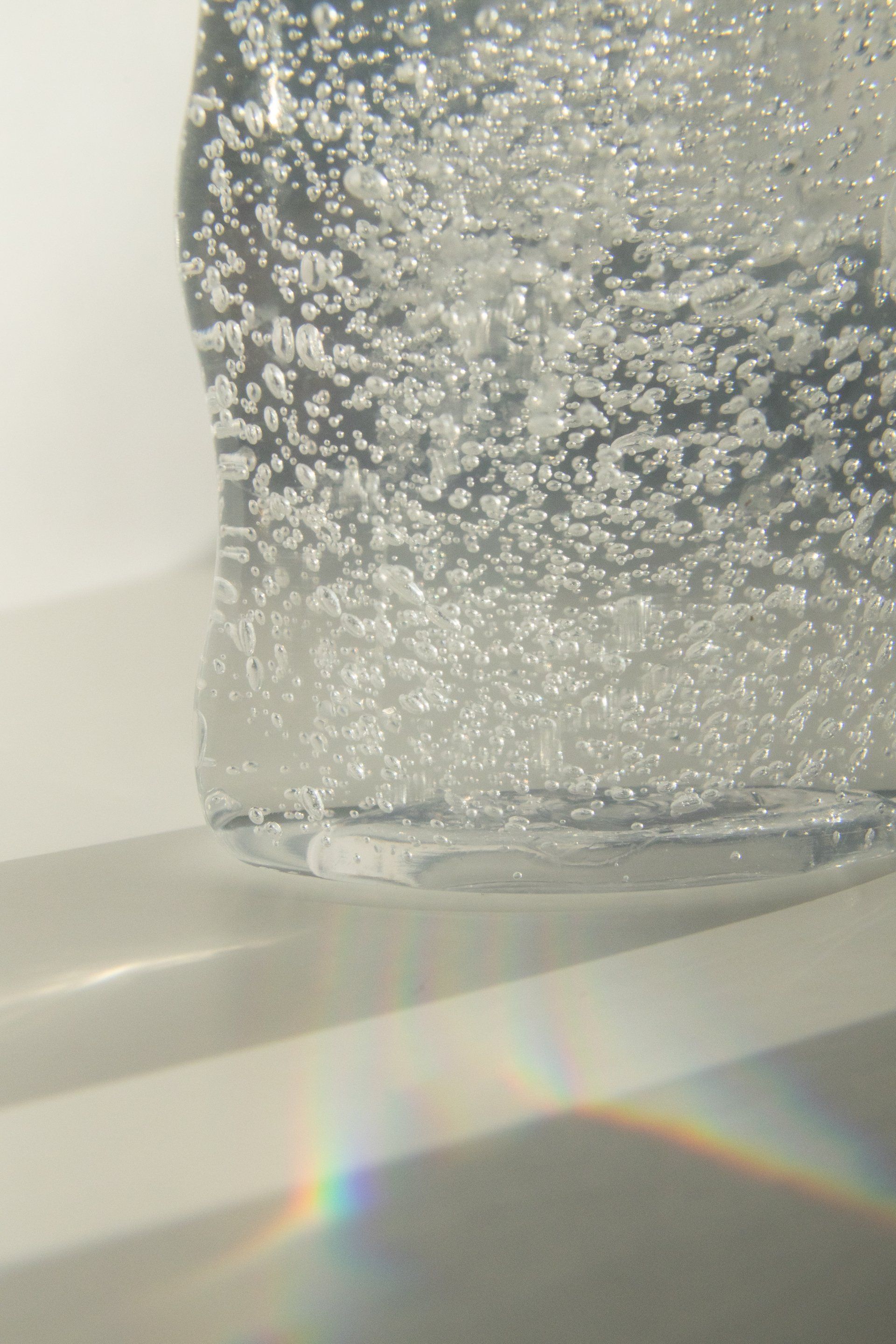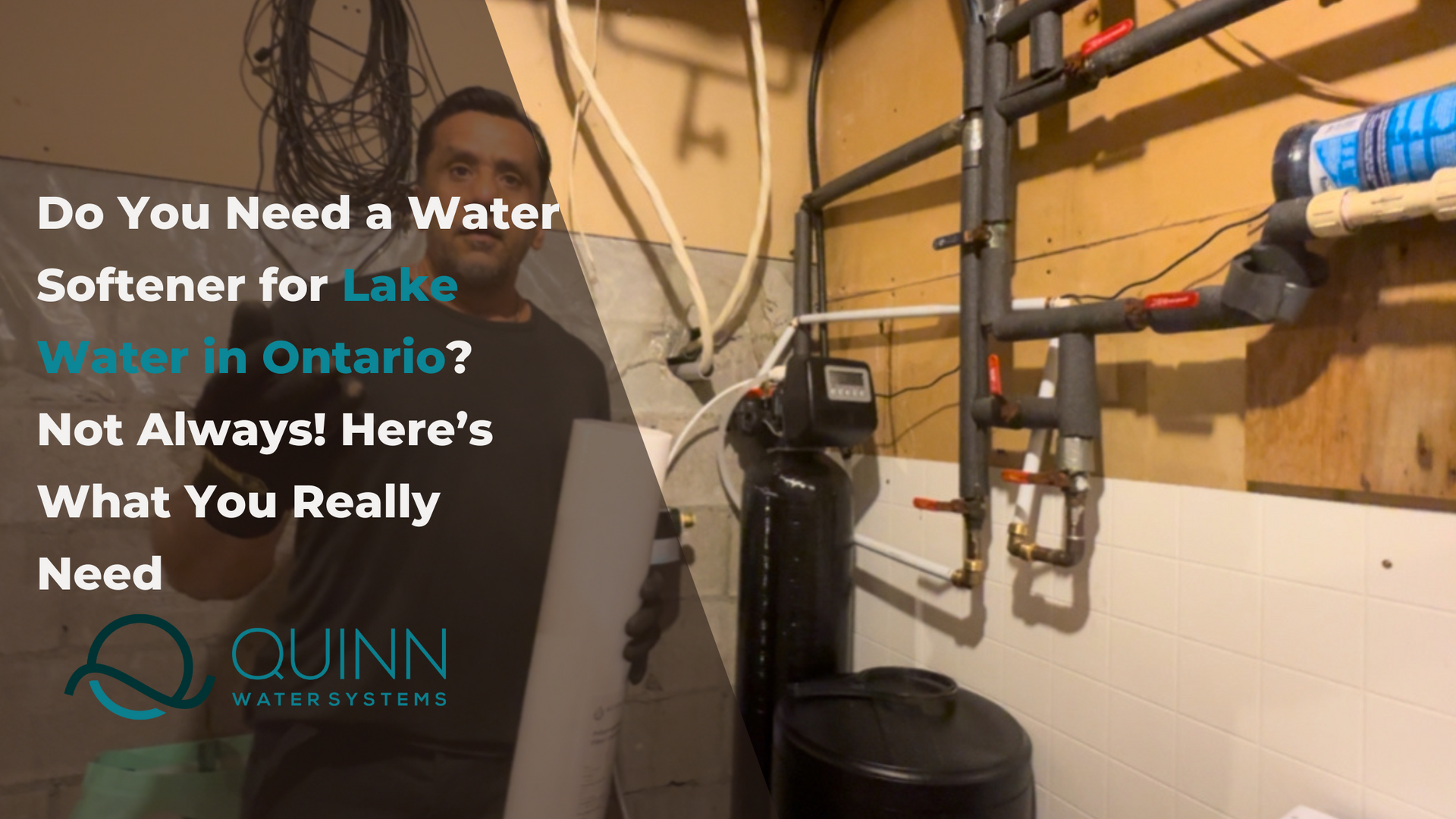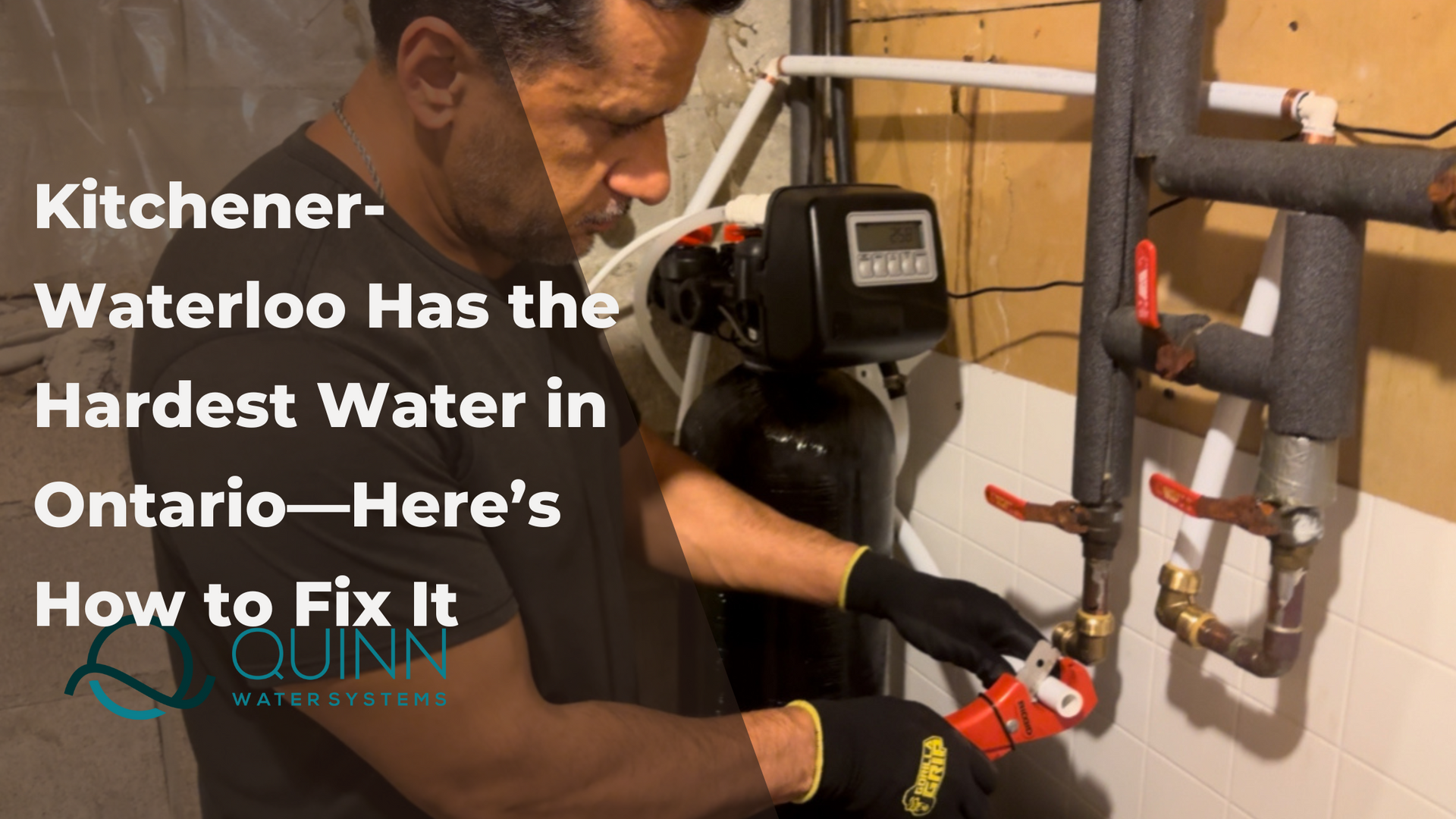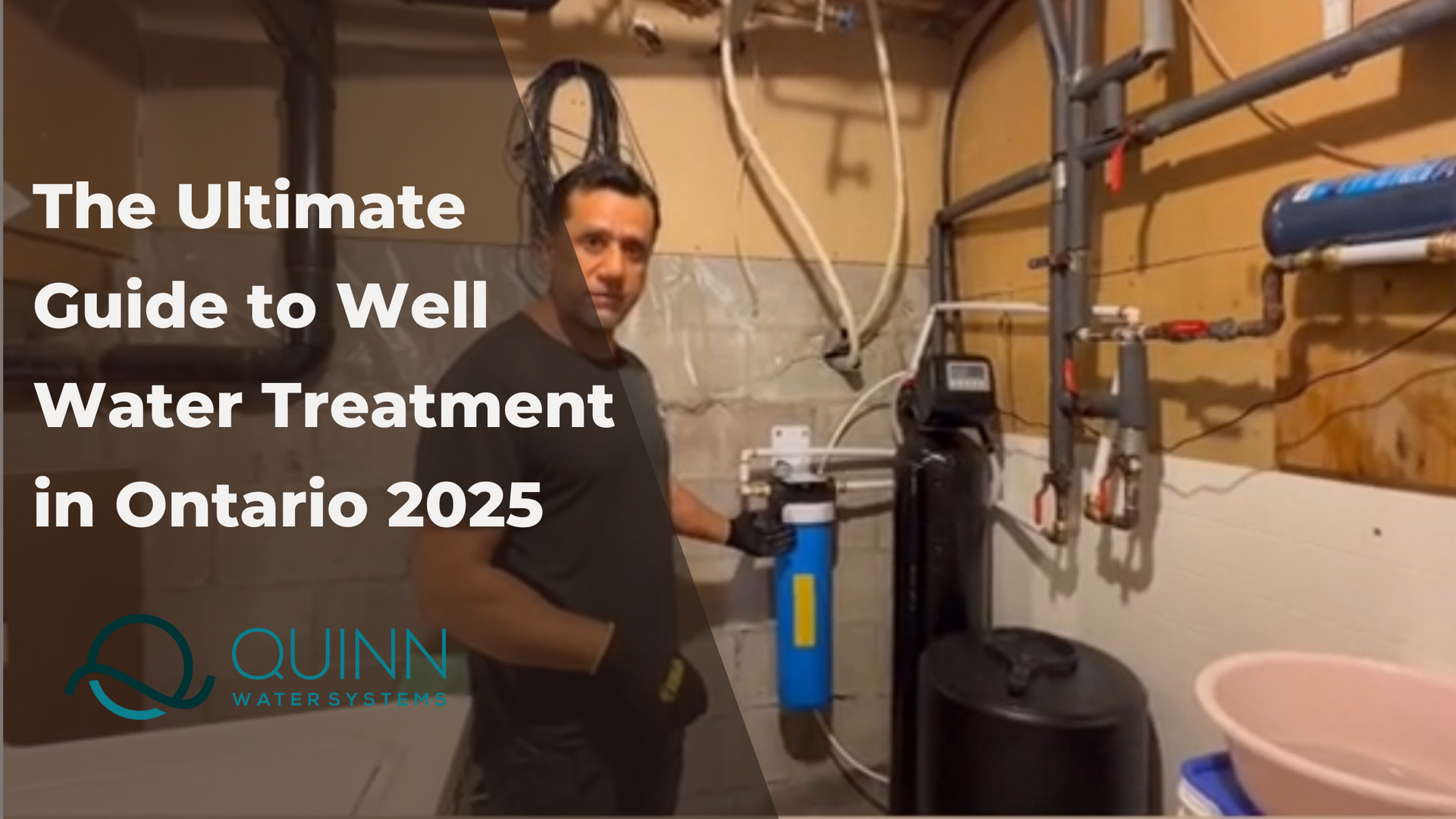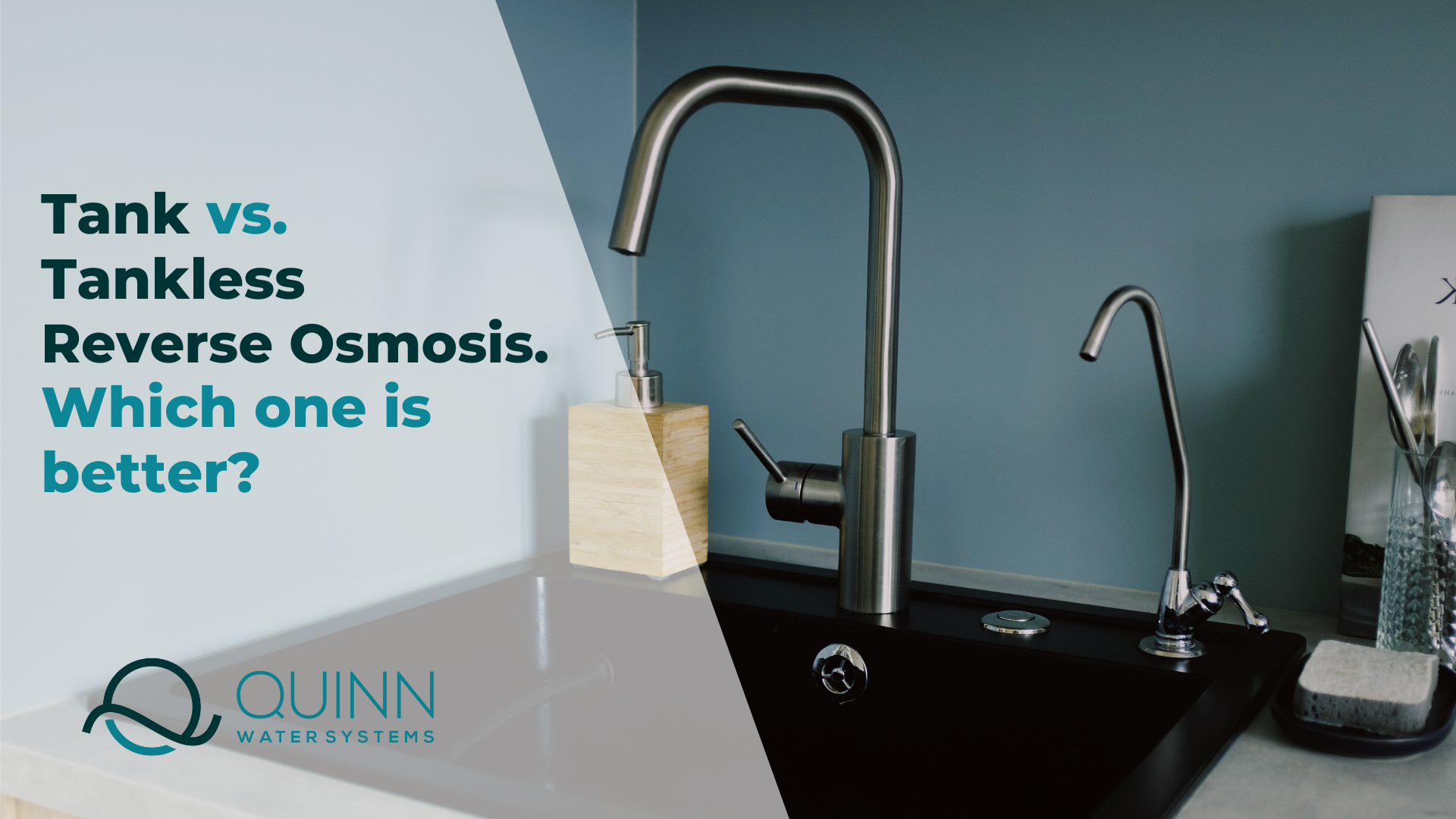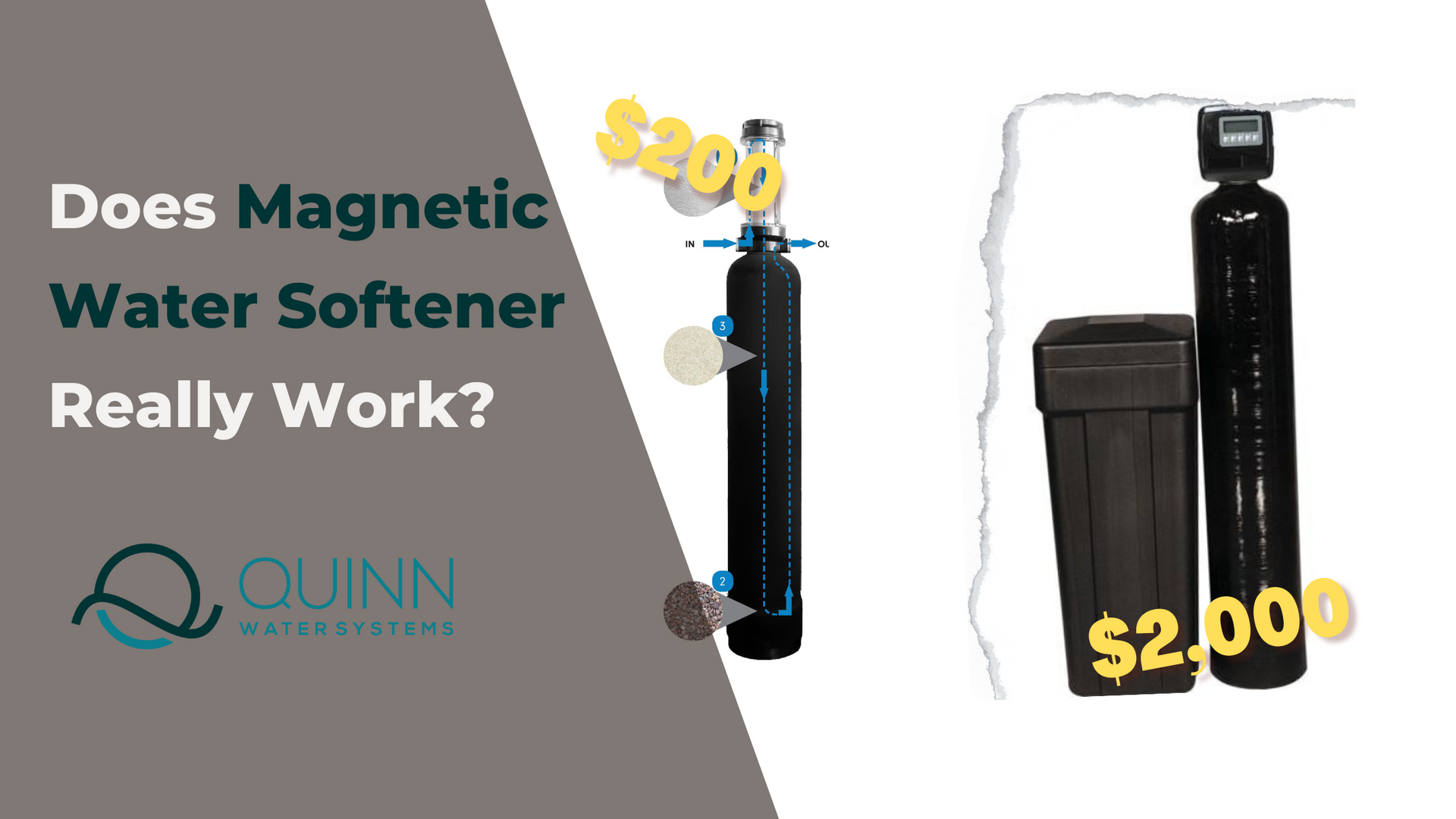Nothing is more important than safeguarding your drinking water to protect yourself and those you love from potential health risks. But how can you be sure that the drinking water coming out of the tap is safe? Don't worry; we have some insider tips on how to test if it's clean and filtered—so don't take any chances with just assuming your tap water has been adequately purified!
Our team of
water experts are here to guide you through verifying whether or not your drinking water is clear, filtered, and ready for consumption.
1. Test the Taste and Smell of Your Water
One way to tell if your drinking water is clean is by testing its taste and smell. If it has an off-putting odour or a strange taste, chances are it hasn't been filtered properly. Many types of parasites and bacteria can cause an unpleasant smell in tap water, which may indicate
contamination. Additionally, if your tap water has a metallic taste or any other unusual flavours (such as rotten eggs), that could also mean something is wrong with the quality of your
drinking water. If you notice any strange odours or tastes coming from your tap water, it’s best to get it tested by a professional before consuming it.
2. Check for Cloudiness
Another easy way to find out if your drinking water is safe to consume is by checking its clarity. Fill up a glass with the suspected water and take a closer look at it. If the water appears cloudy, murky, or hazy then that could be an indication that there are impurities present in the water. If this happens, contact your local municipality or county health department for further advice on how to proceed with cleaning up the water source.
3. Check for Sediment or Rust Residue
If you notice any sediment or rust residue floating around in your glass of water then this could be another sign that your drinking water isn't as clean as it should be. This may happen due to old pipes in your house, which means that the rust particles from these pipes have made their way into the tap water supply. Faucets should appear shiny without any discolouration or corrosion; pipes should be securely connected without any obvious leaks or cracks; and any hoses used should be free from visible wear or damage. All these factors can indicate whether or not the water flowing through them is clean enough for drinking purposes—if not, it’s best to have them inspected by a professional plumber/ water inspector before using them again.
Read More:
4. Check for Discolouration
If your tap water looks oddly yellowish-brown or greenish-blue when poured into a glass, that could indicate high levels of iron and copper in the pipes leading to your home. These metals can cause discolouration in tap water; however they don’t necessarily mean the drinking water is unsafe to consume—but it should still be tested just in case!
5. Testing Your Water Quality
The best way to determine whether your water is safe for consumption is to
have it tested. You can contact any local lab or water company for a
water test, which will analyze the quality of the water in detail. It's also useful to check with your neighbours—if they have recently had their water tested, it may save you time and money. Additionally, check with your local health department—they should be able to provide you with an up-to-date report on the quality of drinking water in your area.
Learn more:
By Quinn Tran
•
May 15, 2023
Ensure safe drinking water with Quinn Water Systems' guide to getting your water tested in Ontario. Learn about water quality and how to protect your health.
By Quinn Tr
•
July 13, 2022
Do you live on a property with a well? Water testing can help identify contaminants in your water and determine the best treatment options for your well.
6. Installing a Water Filter System
If your test results indicate that there are harmful contaminants present in your drinking water then installing a home filtration system may be necessary. There are 3 popular water systems available for
city municipal water in Ontario:
If you are on private well water, read more here:
By Quinn Tran
•
February 1, 2024
Discover the Top 5 Most Common Mistakes When Selecting Well Water Filtration Systems in Ontario. Learn how to avoid these pitfalls and make informed choices with Quinn Water Systems. From neglecting maintenance to underestimating system capacity, we cover it all. Read more to ensure your well water filtration journey is a success!
By Quinn Tran
•
June 19, 2023
Planning a well water softener installation? Get key considerations and step-by-step guidance in our blog. Click or Call 647-779-7910 for a free consultation with Quinn Water Systems
If you have hard water in your home, then a traditional salt-based water softener is likely the best option for you. Water softeners are designed to remove minerals such as
calcium and magnesium
from your tap water that can cause
scale buildup in plumbing fixtures and appliances. Salt-based softeners work by exchanging sodium ions with calcium and magnesium ions in order to soften the water. This process results in softer skin and hair after showering and less scale buildup in pipes over time.
More posts about Water Softener:
Carbon Filters
Reverse Osmosis (RO) drinking water systems are ideal if you’re looking for ultra-pure drinking water that tastes great straight from the tap. RO systems use multiple stages of filtration including
pre-filters (to remove large particles),
activated carbon
(to remove chlorine & VOCs),
sediment filters
(to remove fine particles) ,and
reverse osmosis membranes (to selectively filter out dissolved solids). At Quinn Water Systems, we add the
mineral filter as the last stage that adds back essential minerals such as calcium and magnesium into the filtered water so that it tastes better and provides health benefits for those who drink it.The result is high quality drinking that rivals even expensive bottled waters at a fraction of the cost!
Learn more about your drinking water:
By Quinn Tran
•
October 26, 2022
Quinn Water Systems tells us about the dangers of fluoride in water and how a water filtration system can help you and protect your family.
Regularly checking the quality of our drinking water is essential for maintaining a safe and healthy home environment. Whether you decide to purchase an at-home test kit or hire a professional service provider, ensuring that all contaminants are detected sooner rather than later helps avoid expensive repairs down the line while promoting good health overall. If there are any problems with your drinking water supply—no matter how minor they may seem—it's always better to take action sooner rather than later!


